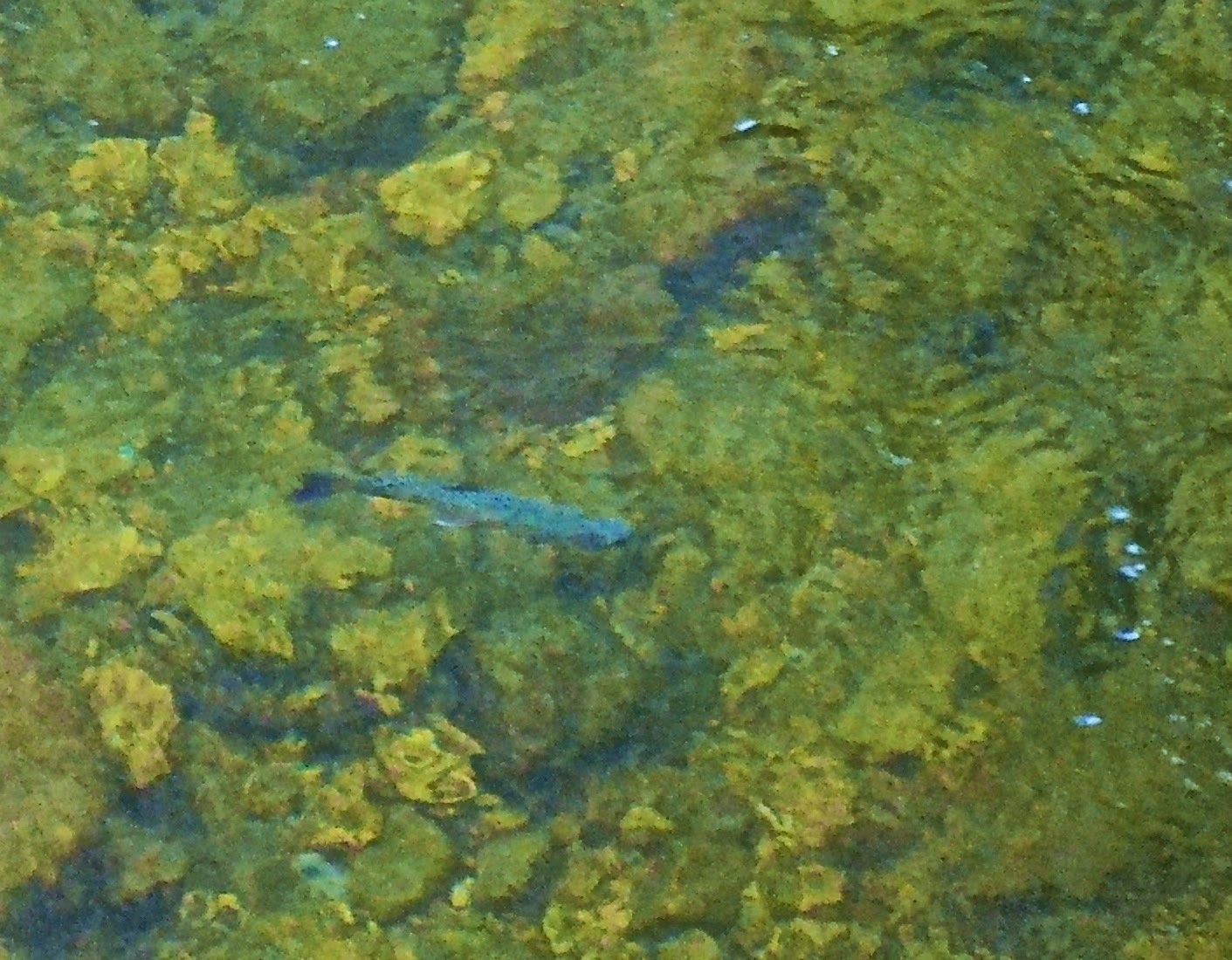Martin Heidegger
∞
Interview on SD Public Radio
Karl Gehrke interviewed me on SD Public Radio today about my new book. We talk about the book, brook trout, fly-fishing, hunting, raising children, and a handful of other topics with occasional nods to Heidegger and Bugbee, Kathleen Dean Moore, Scott Russell Sanders, and, of course, Thoreau.
Click here to listen to the whole interview.
Click here to listen to the whole interview.
∞
Why Does A Philosophy Professor Write About Trout?
My most recent book, Downstream, is about brook trout. People sometimes wonder: why on earth would a professor of philosophy and classics write about such things? Surely I should be writing about metaphysics, epistemology and ethics, right?
To this question I have three brief replies, which I'll say more about later.
The first is that this book really is about those things, even if it won't appear to be so at first blush.
The second is that in fact, I think more philosophers should turn our attention to the matter of lived experience, to our technology, to our tools, and to our ways of knowing the world. It's not enough to know things about the world; we ought to ask just how we know the things we know, and how our tools and our very modes of life and habits affect that knowledge. And everything that hangs on that knowledge.
And for my third brief reply, I turn to Edward Mooney, who, in his introduction to Henry Bugbee's beautiful book, The Inward Morning, recalls a question Martin Heidegger asked Bugbee in August of 1955: “What occasion prompts philosophical reflection?”
Mooney writes that no doubt Heidegger “anticipated a flat American response. Yet he found his question returned in a Socratic reversal. Bugbee simply asked, echoing a Basho haiku, 'Could the sound of a fish leaping at a fly at dawn suffice?'”
To this question I have three brief replies, which I'll say more about later.
The first is that this book really is about those things, even if it won't appear to be so at first blush.
The second is that in fact, I think more philosophers should turn our attention to the matter of lived experience, to our technology, to our tools, and to our ways of knowing the world. It's not enough to know things about the world; we ought to ask just how we know the things we know, and how our tools and our very modes of life and habits affect that knowledge. And everything that hangs on that knowledge.
And for my third brief reply, I turn to Edward Mooney, who, in his introduction to Henry Bugbee's beautiful book, The Inward Morning, recalls a question Martin Heidegger asked Bugbee in August of 1955: “What occasion prompts philosophical reflection?”
Mooney writes that no doubt Heidegger “anticipated a flat American response. Yet he found his question returned in a Socratic reversal. Bugbee simply asked, echoing a Basho haiku, 'Could the sound of a fish leaping at a fly at dawn suffice?'”
*****
(Quotations taken from Mooney’s introduction to
Bugbee’s The Inward Morning, (Athens, GA: University of Georgia Press, 1999)
pp. xi-xii.
